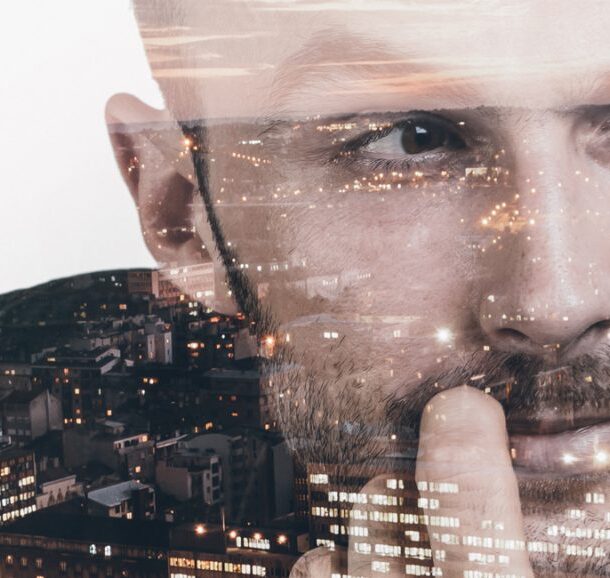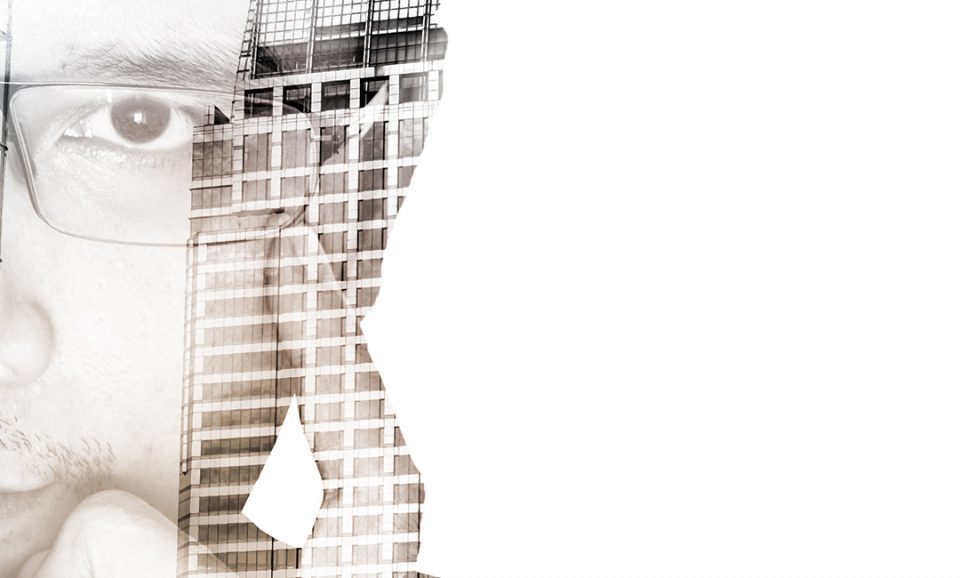
An entrepreneur’s mentality will determine whether one succeeds or perishes
As entrepreneurs, we cannot afford the luxury of the victim’s mentality. I define the “victim’s mentality” as a mindset that is devoid of personal responsibility. Personal responsibility is the way of taking credit for the experiences of one’s own life, either good or bad.
To many, especially left-leaning political thinkers, this may sound absurd at first. In extremes, the philosophy of personal responsibility leads one to blame the raped. Or, those hurt by racism. It’s also to blame abused children and lives ruined by natural disasters.
This logic drew the ire of millions against thinkers such as Ayn Rand, who championed the concept. A child cannot help if a deranged adult takes advantage of them. A teenager cannot help if their family is toxic. Or a poor fisherman in Thailand cannot help if a typhoon destroys his hut.
A person blaming them for their misfortune may appear irrational. Even evil to a degree, at least to the average thinker.
But considering the work of the psychologist, Carl Jung, these are psychological projections. The vitriol spewed against the logic has little to do with the thinkers themselves. Instead, it has more to do with what most don’t want to be true about the world.

The Difference Between Victims And Conquerors
Looking through the lens of personal responsibility, what people see is unfairness. A lack of poetic justice. But this is one of the most constant truths of the world: it’s not fair. And those who cannot come to terms with this ask the opposite questions of those who can.
A thought experiment: Two people get mugged in a parking lot by three attackers
The victim asks: “How could they do this to me? Why weren’t
Whereas the conqueror asks: “What signals was I projecting that identified me as a viable target? How could I have learned better self-defense techniques to fight them off? How can I improve myself to prevent this from happening again?”
The victim does not blame themselves; they blame the assailants, the police, and others.
Meanwhile, the conqueror does not blame the assailants; they blame their self. They wonder
- Why weren’t they strong enough?
- What strategy for prevention could they develop
? - How can they train in firearms, or martial arts, etc.?
Victims will surrender their power by blaming others. Conquerors will enhance it by blaming themselves.
Thus, the conqueror’s process of alleviating self-blame through self-innovation increases their power.
Do Exceptions Apply?
But understand that there are limits to this, on a case-by-case scenario. There is a difference between intelligence, philosophy, and psychology. If your brain were a computer, your intelligence would be the power of its hardware. Your philosophy would be its operating system. And your psychology would be how well you can operate the hardware with the operating system.
These vary in everyone and even extends to the physical as well. A child may not have the physical strength to ward off an adult. A teenager may lack the mental strength needed to break away from toxic family. A Thai fisherman may lack intelligence or education needed to develop stormproof architecture.
Because the world isn’t fair, you see? That’s a truth that exists outside of anyone’s desires. Thus, personal responsibility has limitations based

Entrepreneur Mentality
The mentality that entrepreneurs need is one of self-blame
- It’s your fault that you’re not bringing in sales. What is it about your branding and marketing that you can improve and how
? - It’s your fault your team lacks cultural cohesion. What can you improve about your hiring practices, or fear of firing, that’s hurting team unity
? - It’s your fault that your team is underproductive. What can you do to improve training or morale
?
Entrepreneurs who conquer think this way. Entrepreneurs who don’t blame the market. They blame the customers. The team. Anyone but themselves, because self-blame hurts. It takes strength to bear personal responsibility, and everyone has limits
Entrepreneurs face constant obstacles that we have to conquer. We need to claim market share. We need to overcome our personal issues. The problems that plague our businesses. All that inhibits our success. Thus, we need the conqueror’s mentality, because the
A victim of the market cannot seize it
A victim of one’s own issues cannot see past them for innovation
And a victim of their team cannot earn its respect
But a conqueror can.
Though, understand the tradeoff that you make that is the dark side of such success. Personal responsibility is the way of the strong and powerful. But power goes hand-in-hand with pain, and
Having a product or service is one thing; marketing it is another. Learn how to drive the sales you want through building your brand by following us on Facebook, Twitter, and LinkedIn, as well as our YouTube Channel.
[simple-author-box]
Contact Us
3300 Arctic Blvd
Suite 201 #1387
Anchorage, AK 99503
E. info@omifirm.com
T. +1 856 295 1017
Follow Us
Copyright © 2014 – 2024 OMI Firm



